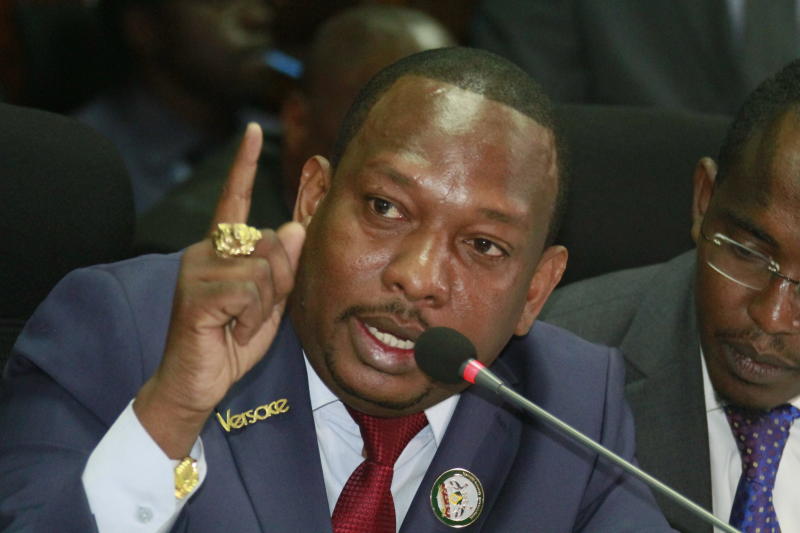×
The Standard e-Paper
Stay Informed, Even Offline

Speaker Muturi protests the trend of MPs attending meetings as “friends of the committee” to show solidarity with their cronies being investigated.
Parliament is seemingly losing its independence as it focuses mainly on implementing the Executive agenda without questions.